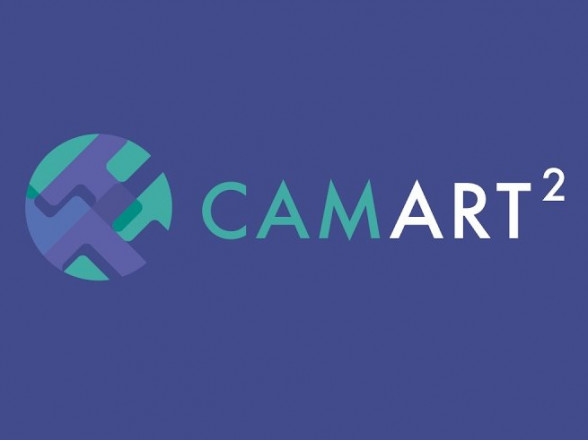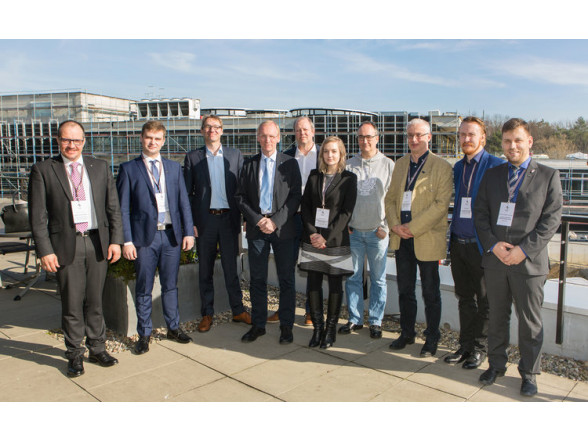On 6 December 2021, the European Commission has signed an Amendment (Reference No AMD-739508-13) to the Agreement No 739508 granting an extension for CAMART2 implementation until 31 January 2025.
Global pandemic has affected the implementation of CAMART2 in unprecedented ways. Due to the Covid-19 restrictions, the mobility has decreased significantly over almost two years, which, in turn, has prevented making use of the opportunities and funding of the project to its full potential. Activities involving experience exchange, participation in scientific conferences, schools, and workshops as well as outreach activities – visiting school youth, school excursions to the ISSP UL, and participation in events for general public were very limited.
This Amendment means that CAMART2 implementation is in its middle now. A lot of things have been completed, though, for example: the major infrastructure upgrade in the form of renovated laboratories with the state of the art equipment; Master of Physics program at the Faculty of Physics, Mathematics and Optometry, University of Latvia, in which many of the lectures are given by scientists from ISSP UL, has become international. Many more are in the process of doing. For example, innovation team Materize participates in the world’s top innovation and trade missions, the latest of which was space industry trade mission during the exhibition "EXPO 2020 Dubai", where potential ISSP UL’s partners and customers in space related projects were met. Since Latvia joined European Space Agency (ESA) as associate member state, the space industry has become one of the priorities and one of the potential focus markets for services offered by ISSP UL. The new calls for proposals for Latvian entities have been launched and ISSP UL has made advantage of the new opportunities by applying and later signing the contract with ESA for new R&D project.
The extension of CAMART2 means that fruitful research collaboration with the project’s partners from RIX-STO platform ((KTH, RISE, ISSP UL) could be carried on. Namely, the research into a novel material gallium oxide (Ga2O3), the unique physical properties of which offer potential use in such divergent application areas as power devices for electric vehicles, thin film touch screens, and UV sensors. Another remarkable project in which RIX-STO collaboration platform will be able to continue its joint efforts is research of graphene quantum dots (GDQs) and their use in amphetamine detection. The mutual project is aimed at the development of cost-effective onsite crime scene analysis tools for the detection of narcotics and the age determination of biological traces (such as blood, for example).
The extension of the project strengthens the foundations of the RIX-STO regional cooperation, expands networking opportunities with academic and research institutions, has potential of increasing the number of prepared and applied projects as well as the attracted funding from industry and innovation. The updated international Master’s Program provides opportunities to prove that ISSP UL is an excellent place to do research, train skills, and start a career.



